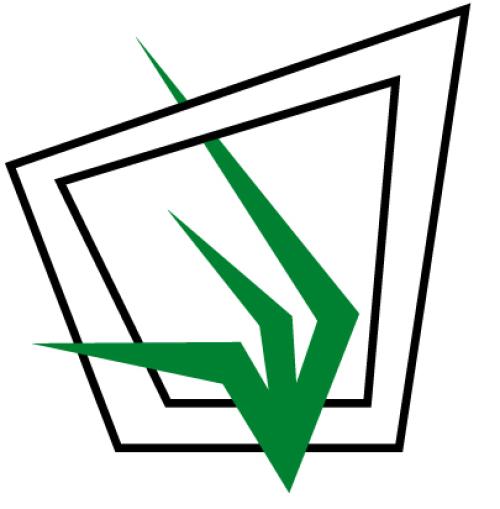River salination due to dryland agriculture was studied between 1985 and 1986 in the 150-km2 large catchment of the Sandspruit river, a tributary of the Berg river in the semi-arid Western Cape Province of South Africa. The study included investigations of all major water bodies within the catchment and aimed to identify and quantify their salinity dynamics. The following results can be presented: 1) The mean annual rainfall is about 400 mm, and has a salt concentration from the ocean of 37 mg/L. 2) Groundwater recharge of the shale aquifer only occurred during the winter season when salts from the soil and the weathered shale were transported into the groundwater. 3) The main salt output occurred between July and September and is associated with floods. A linear regression model was established to estimate salt output from the catchment by using the water level measured at the gauging station. 4) The total salt output in 1986 was 8052 Mg (tons), but bulk atmospheric deposition accounted only for a third of this amount. The remainder salt output was delivered by groundwater and interflow from the weathered shale and the soils within the catchment.

Journal articles from the Grassland Society of Southern Africa (GSSA) African Journal of Range and Forage Science as well as related articles and reports from throughout the southern African region.